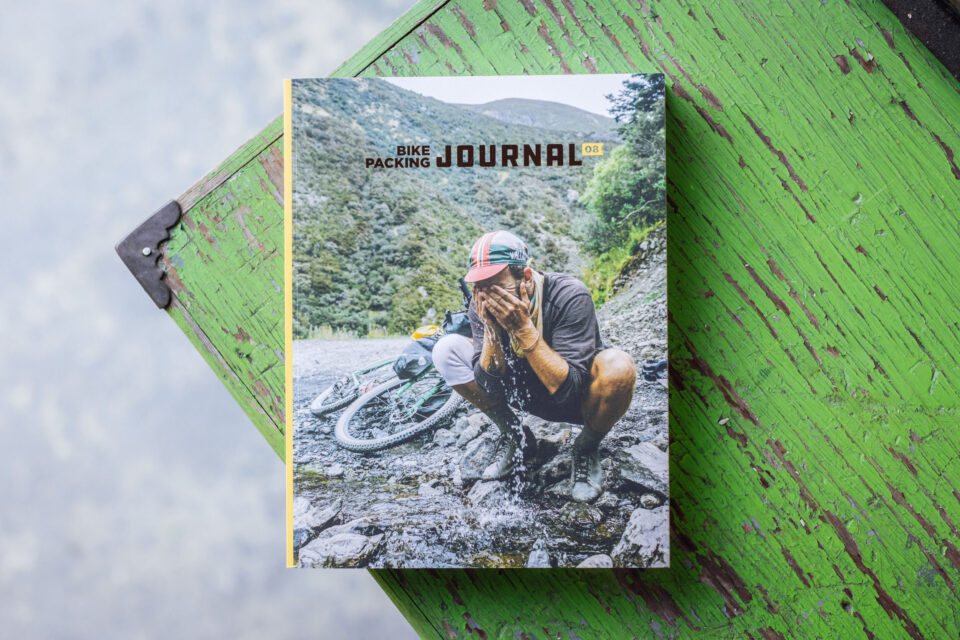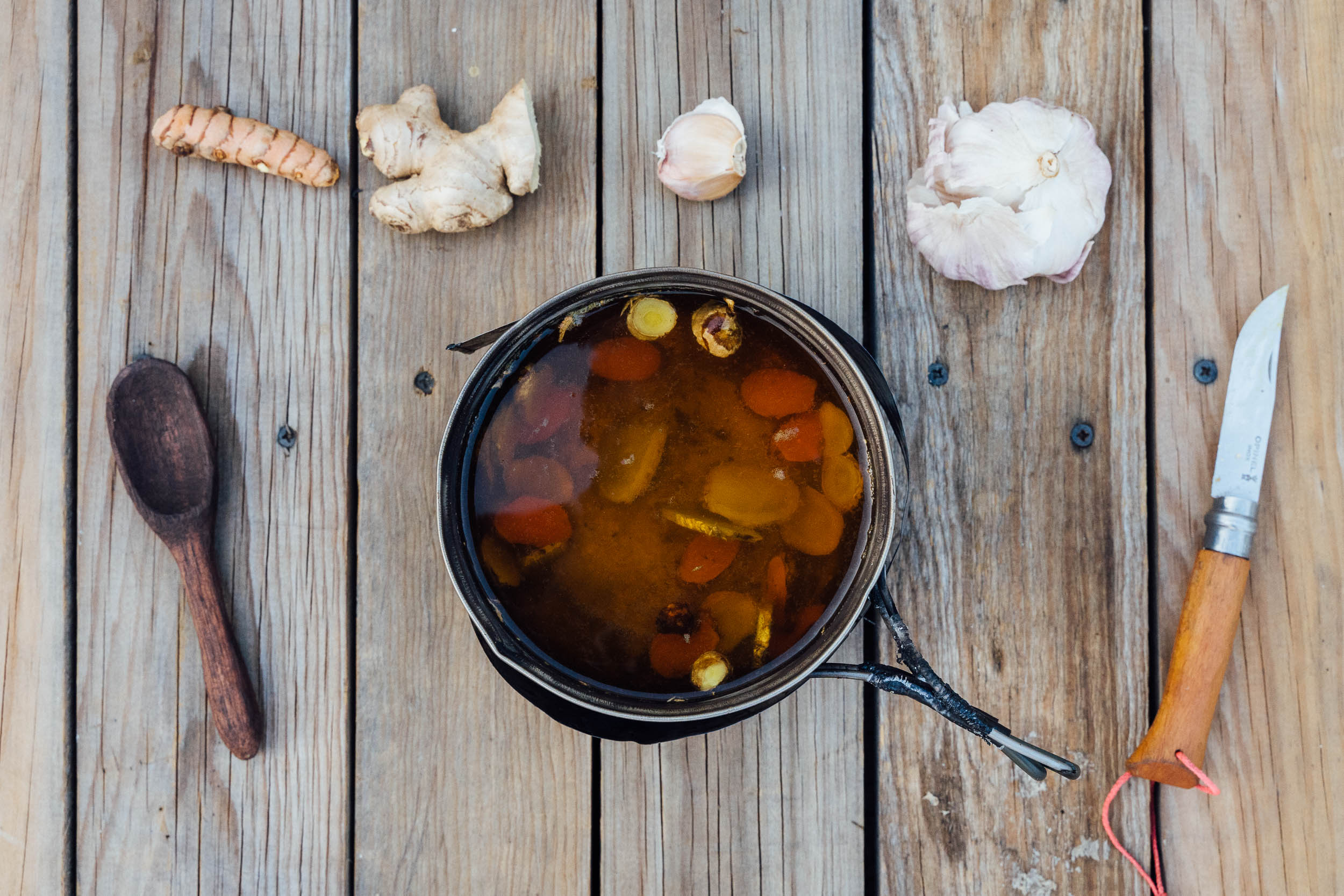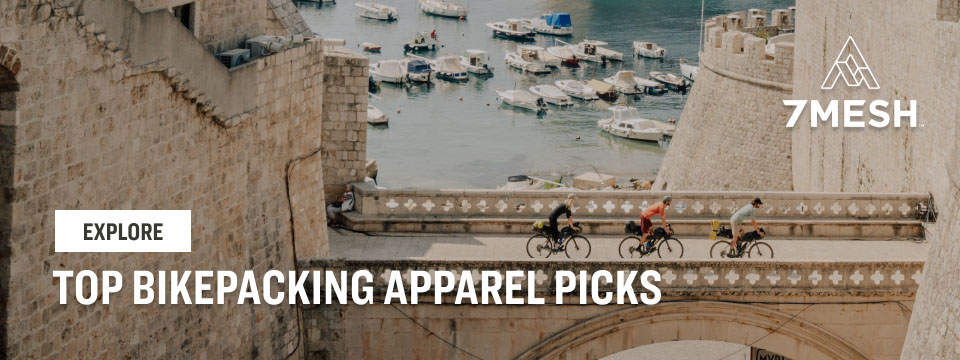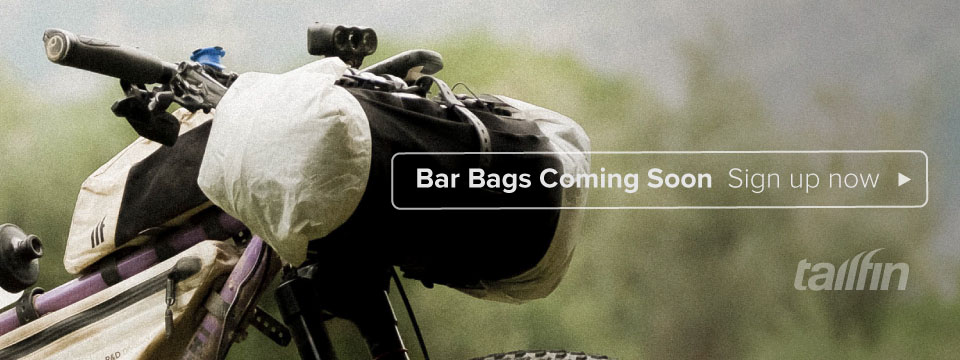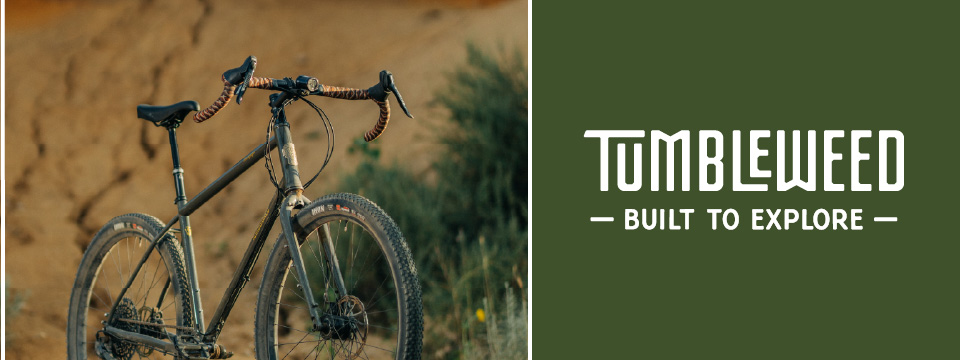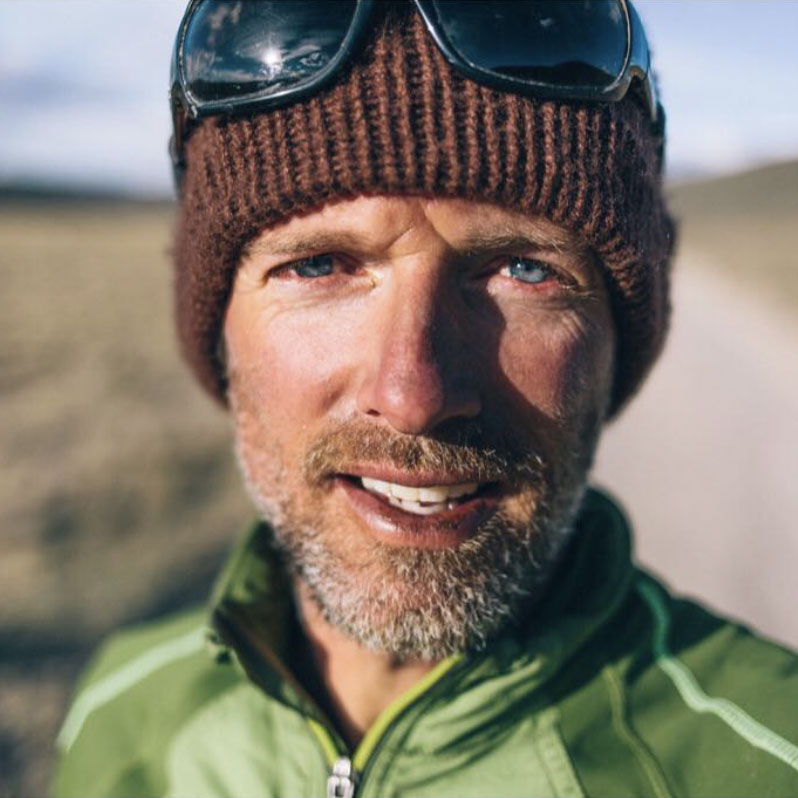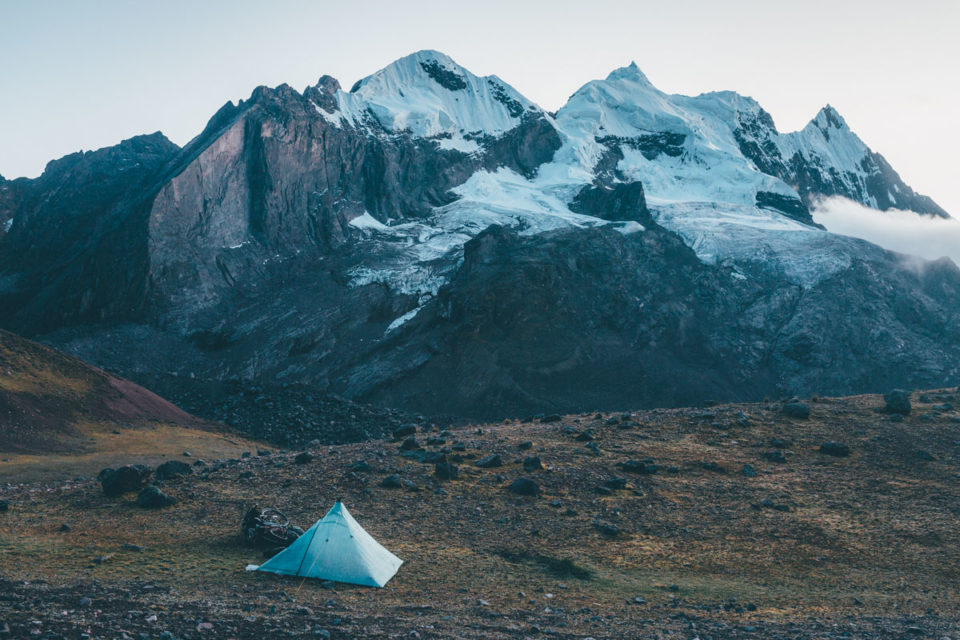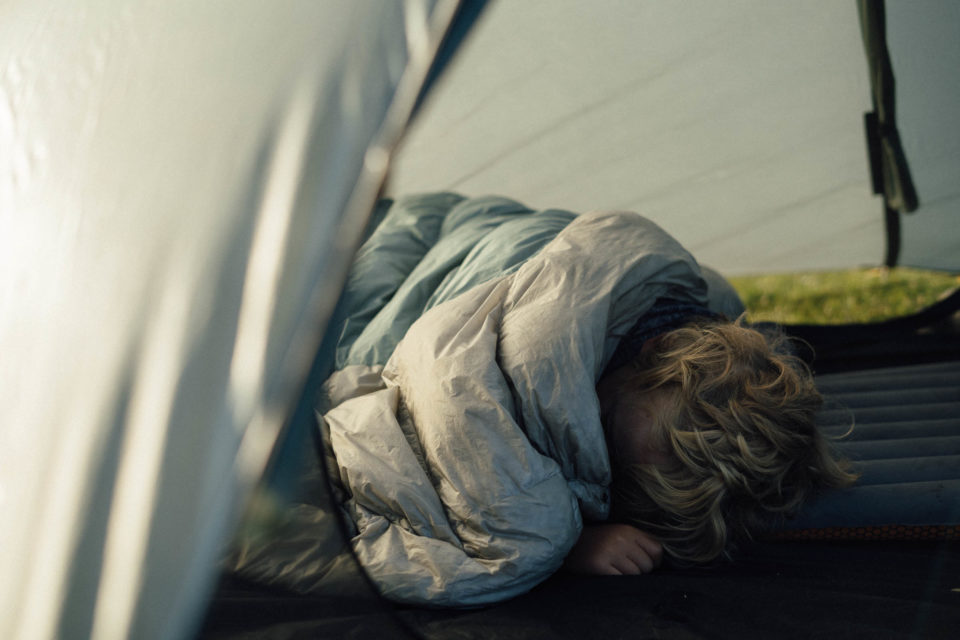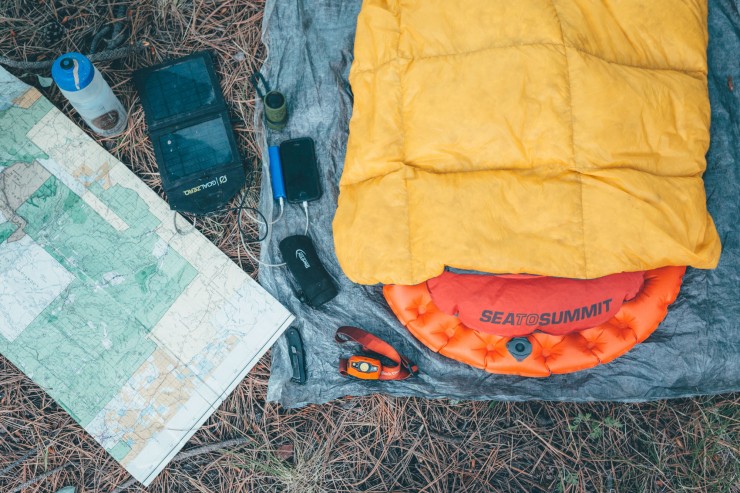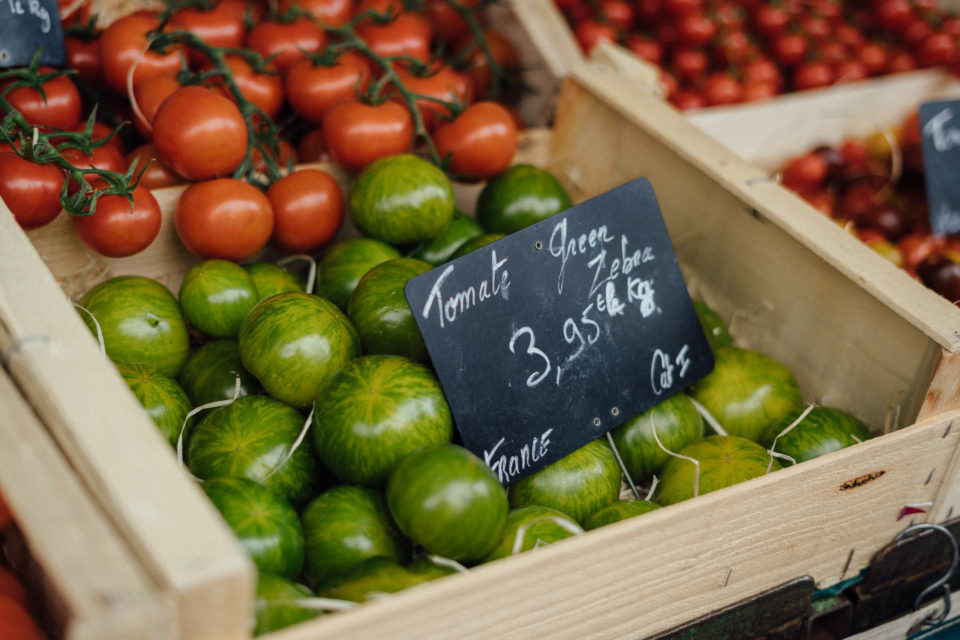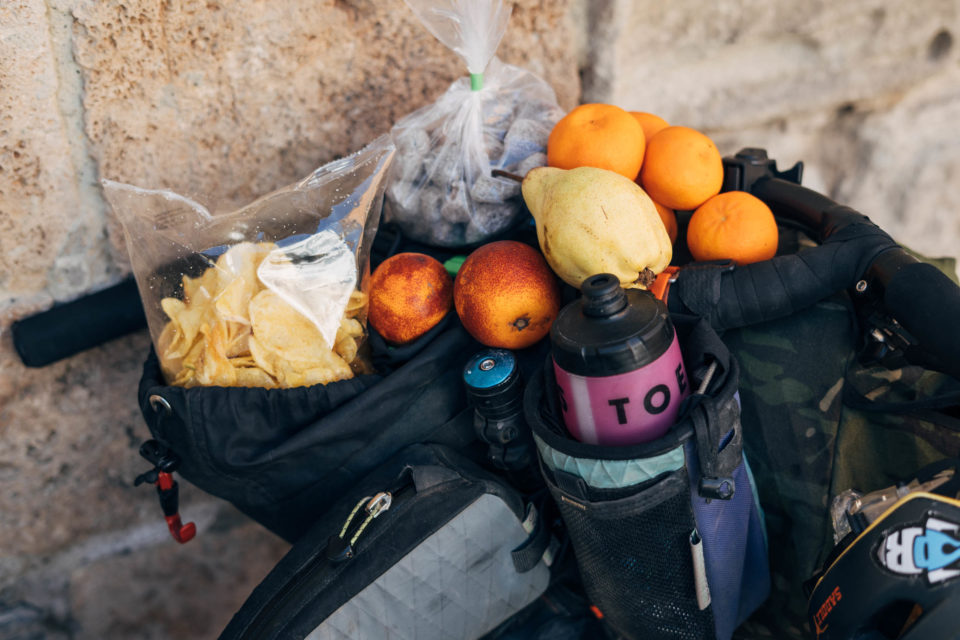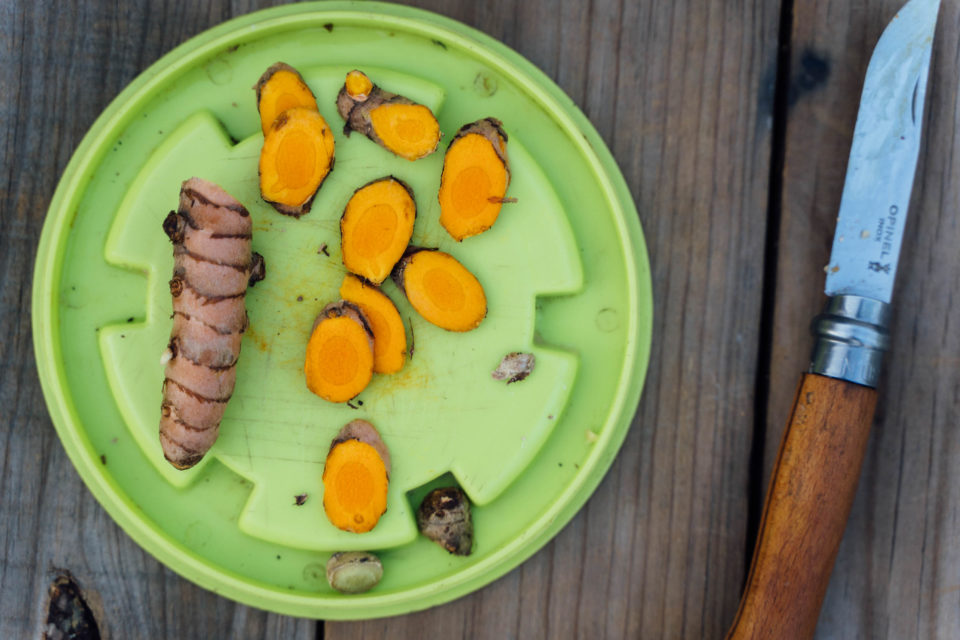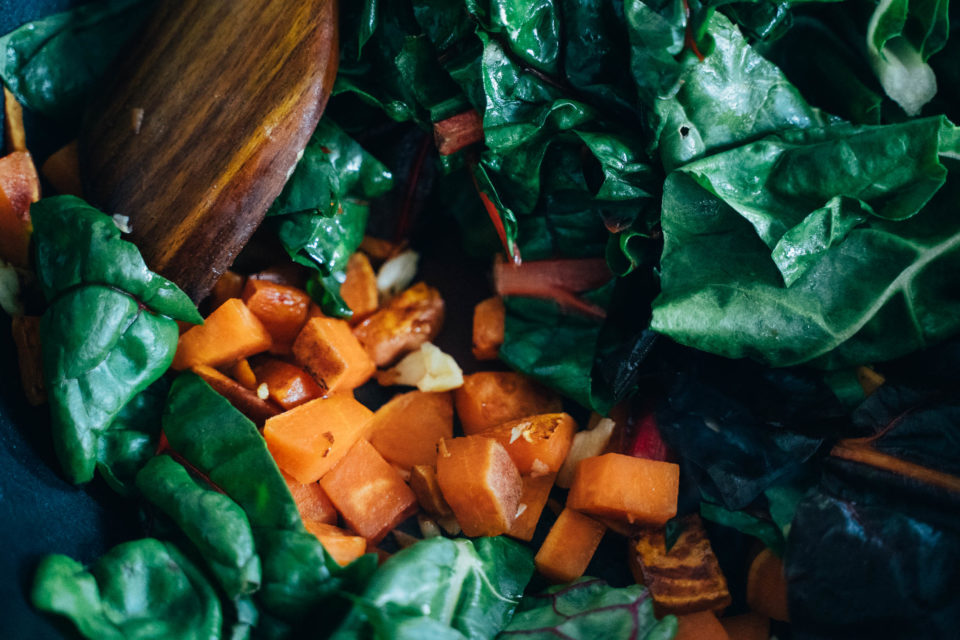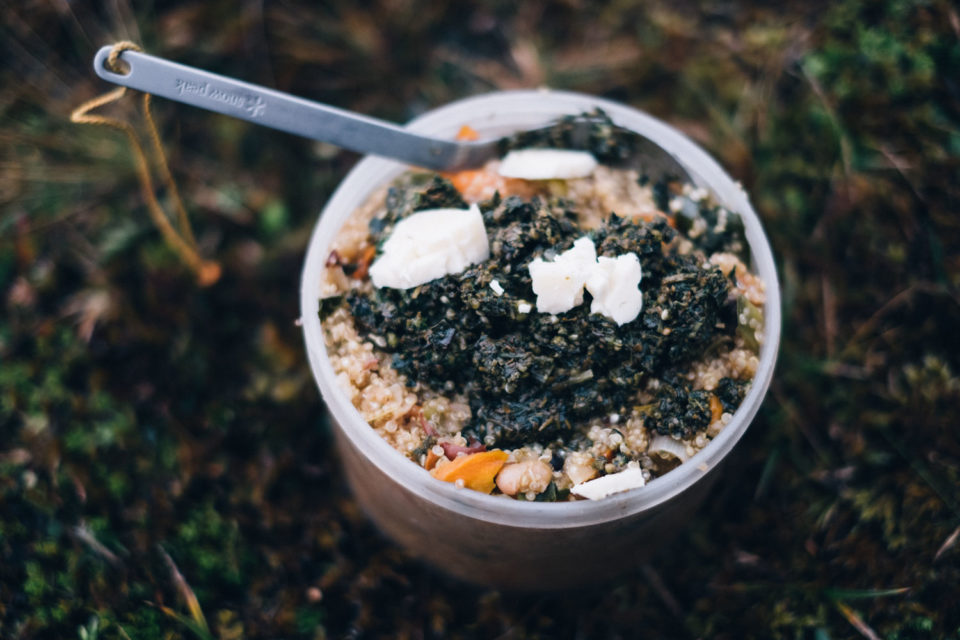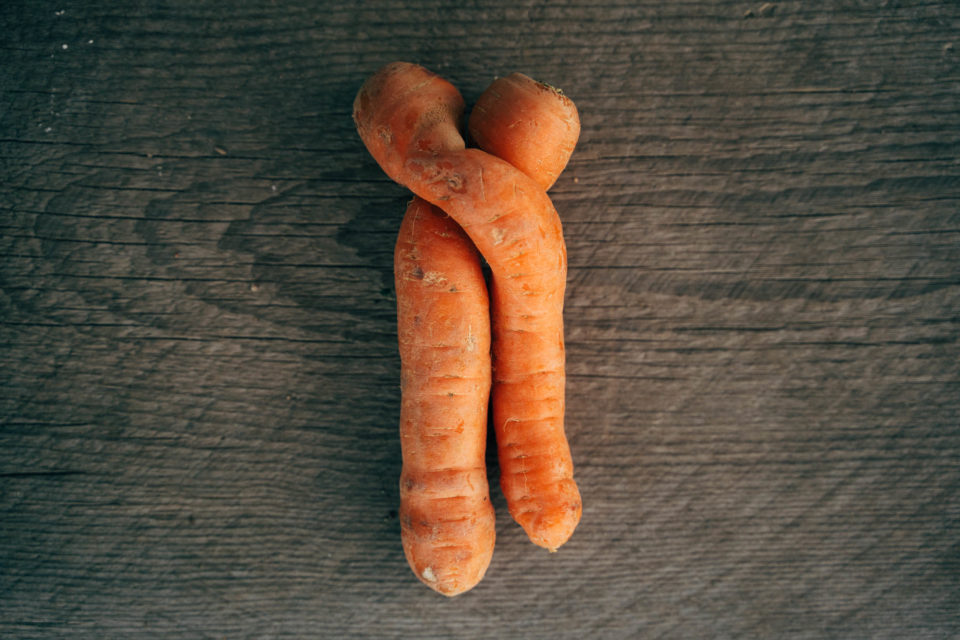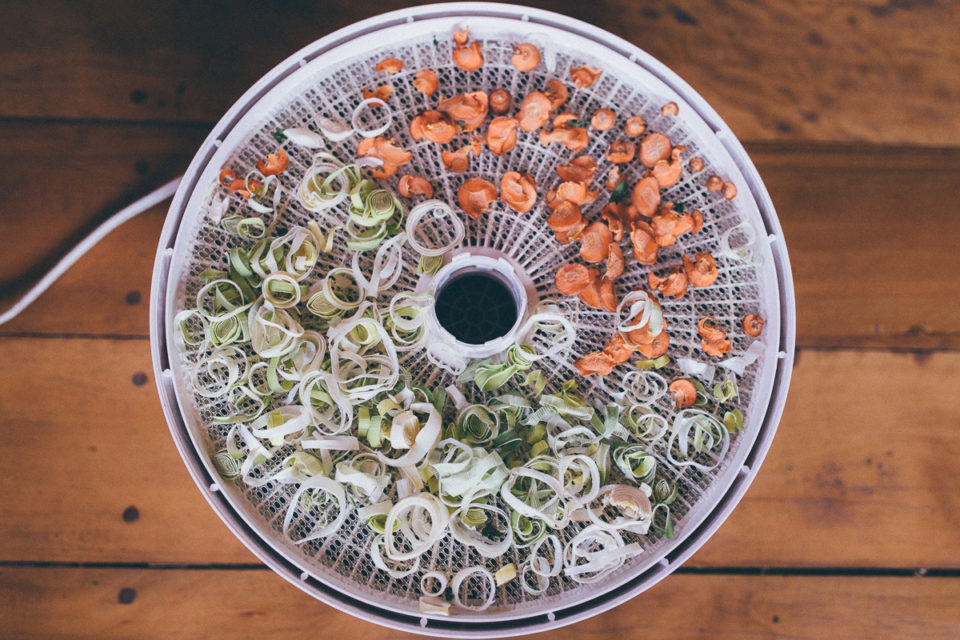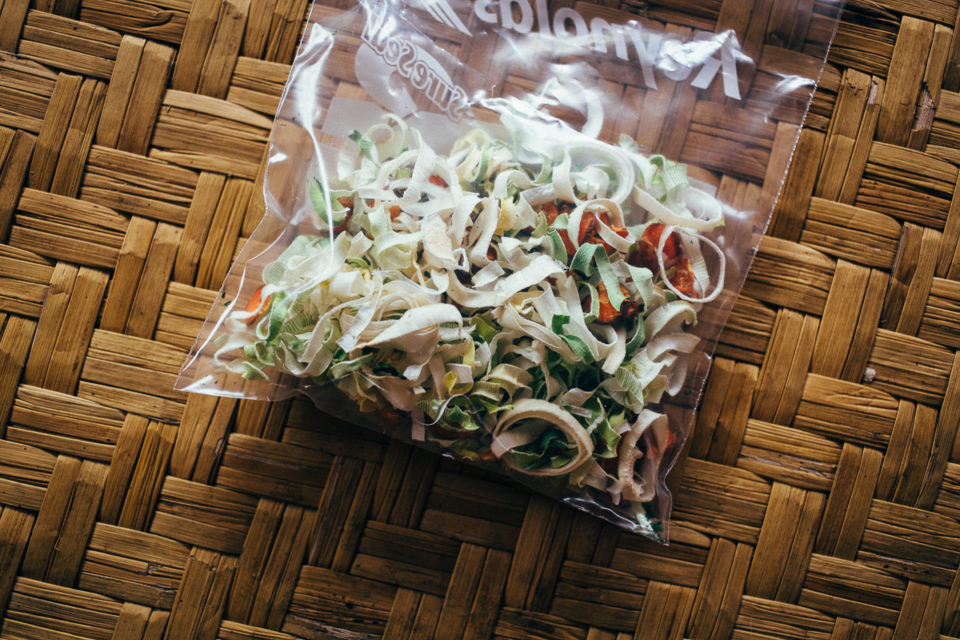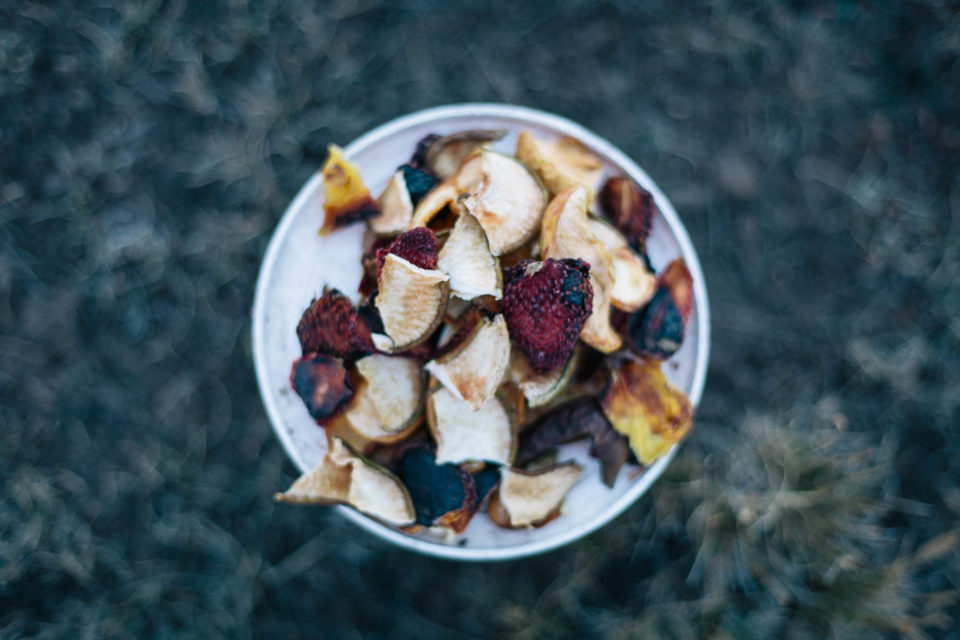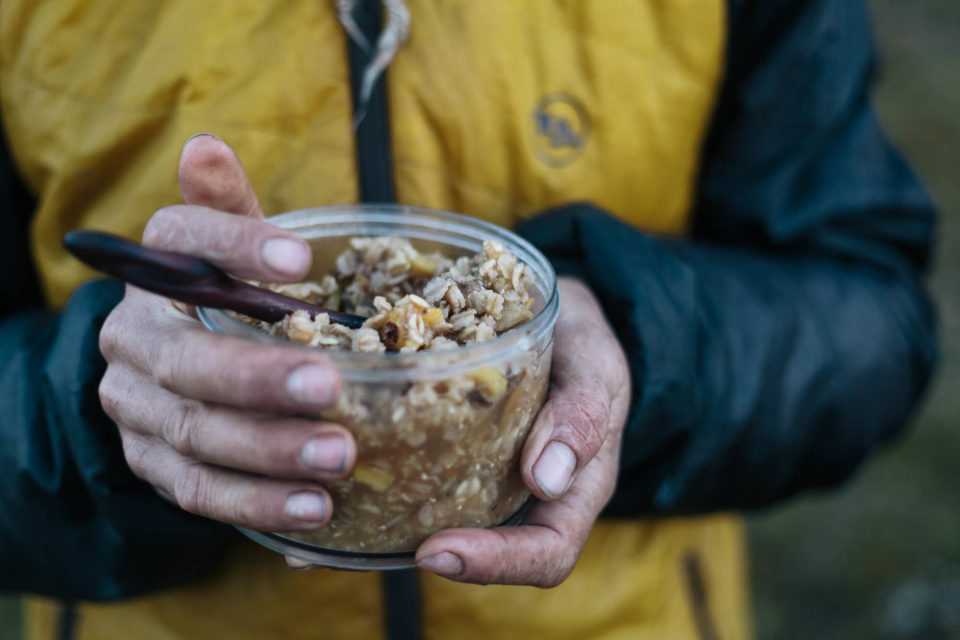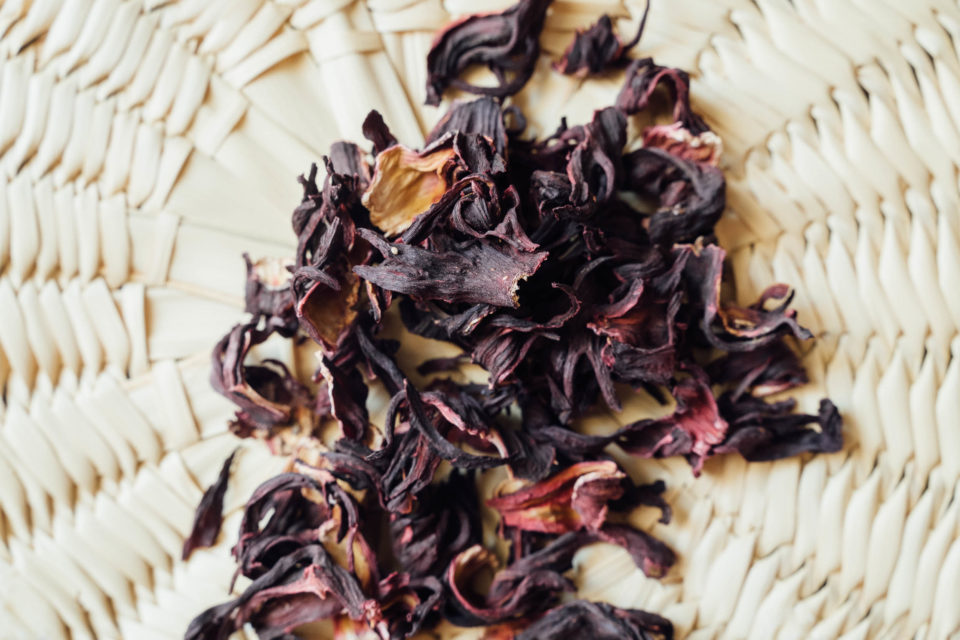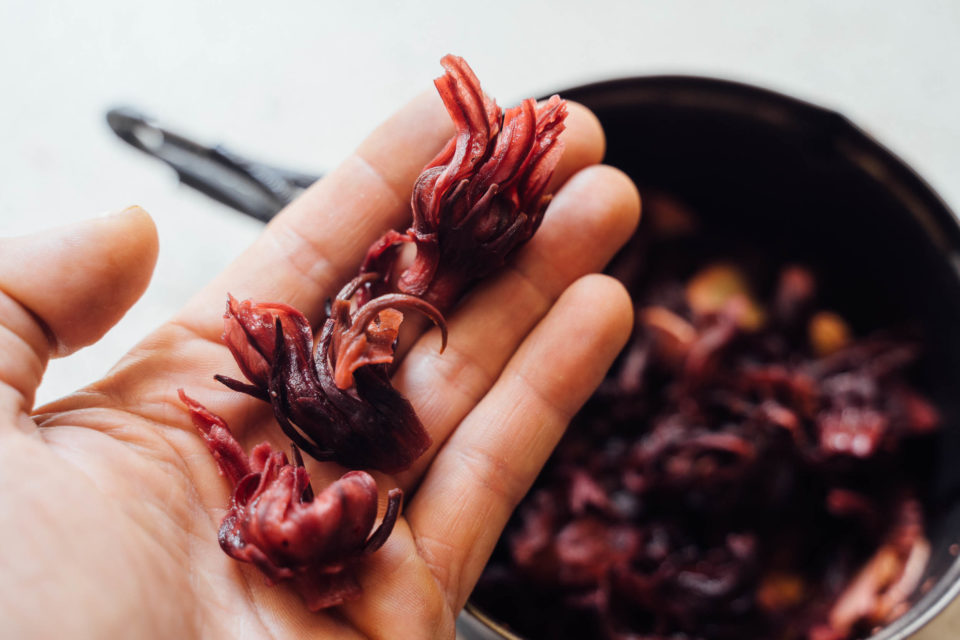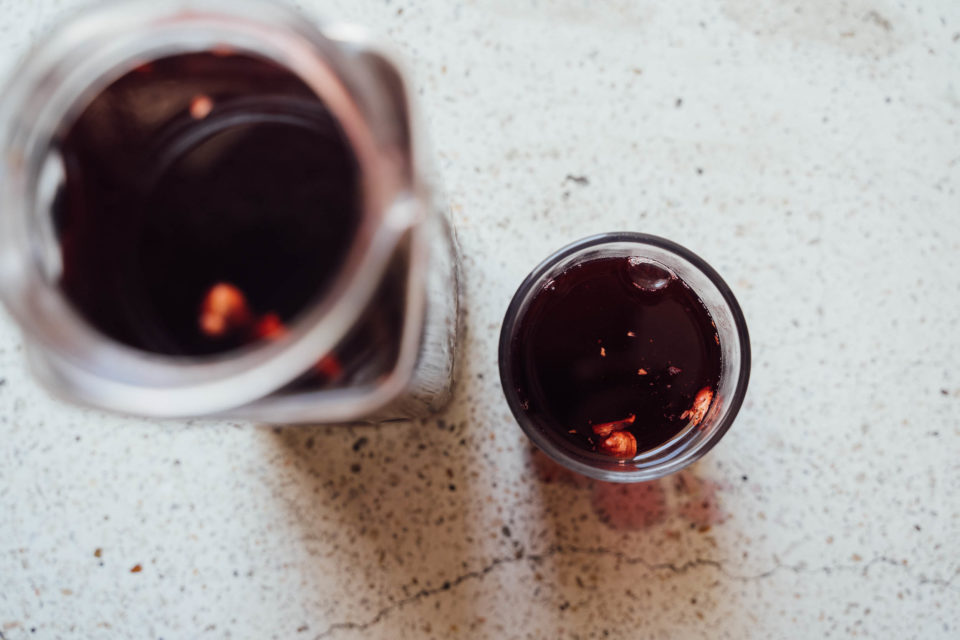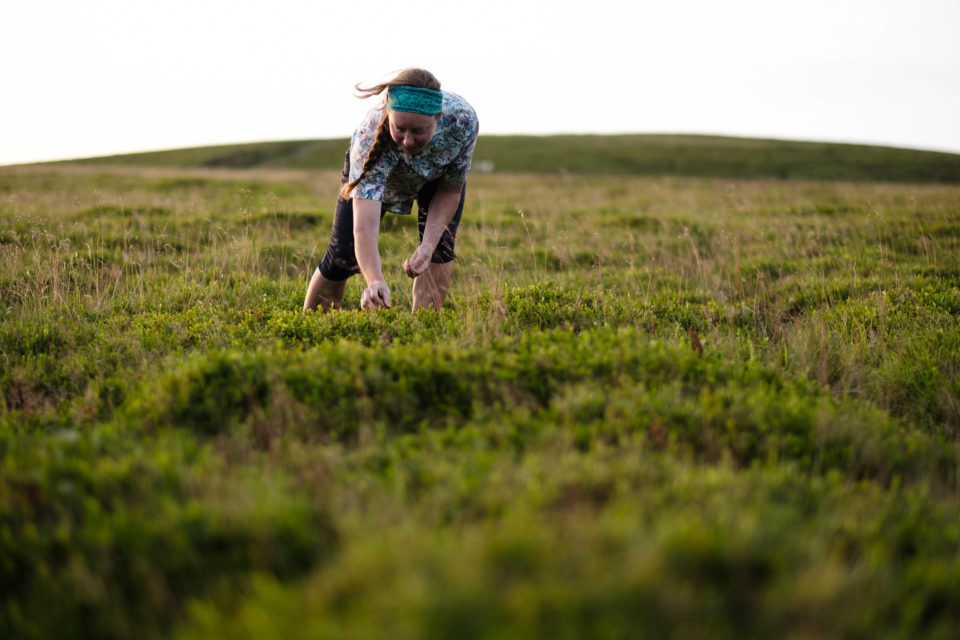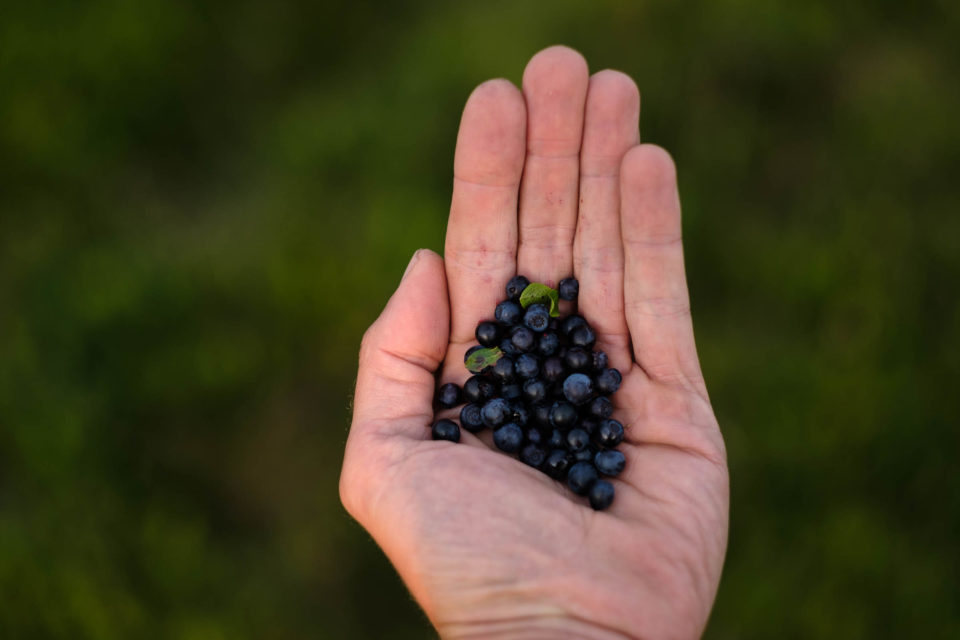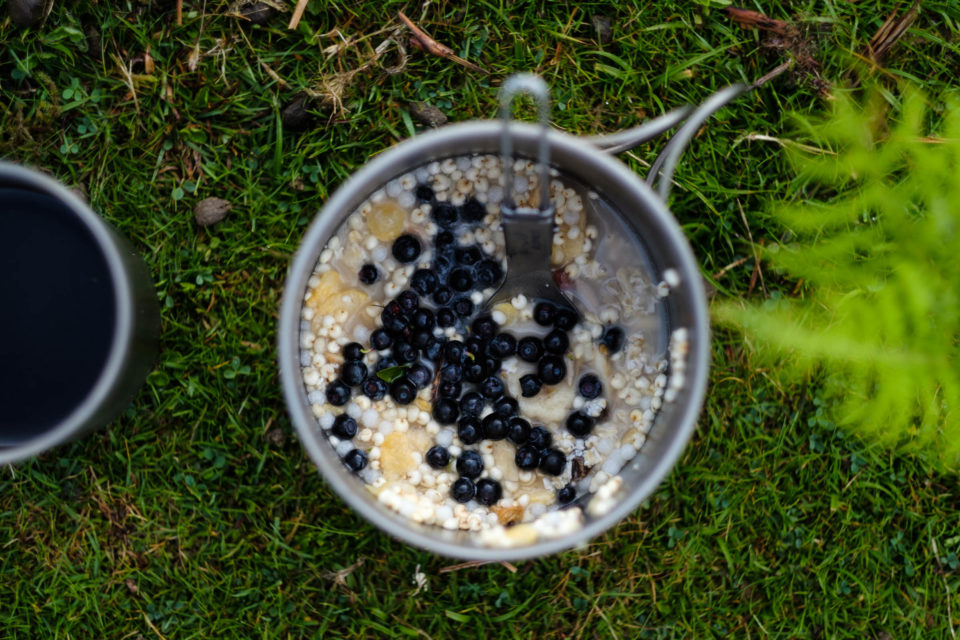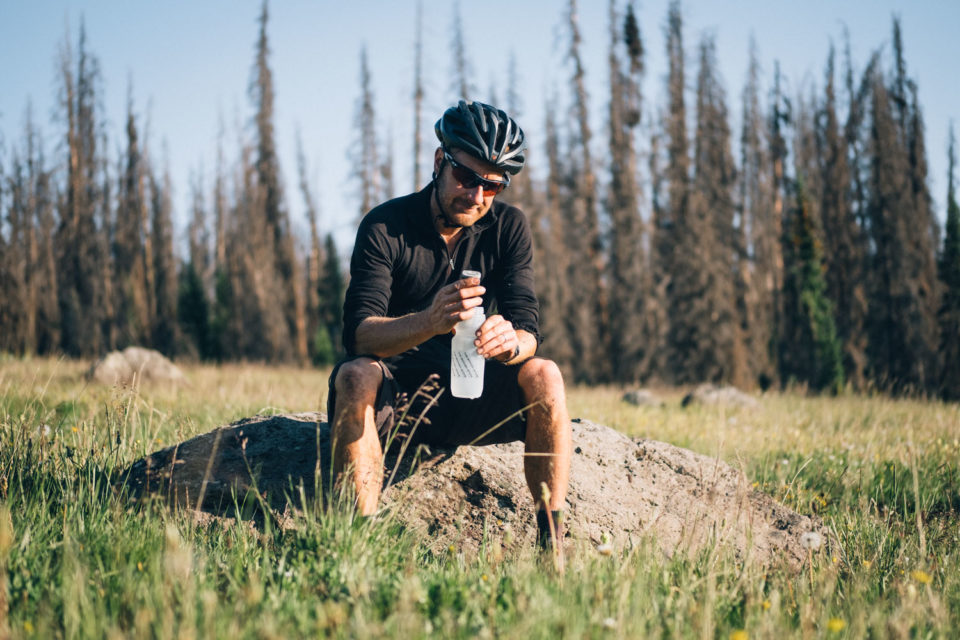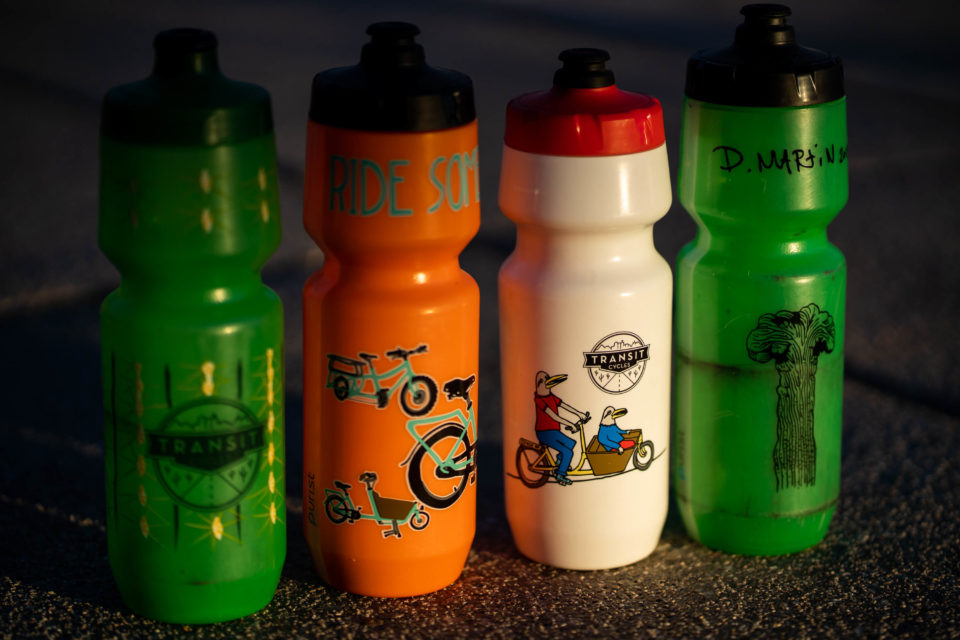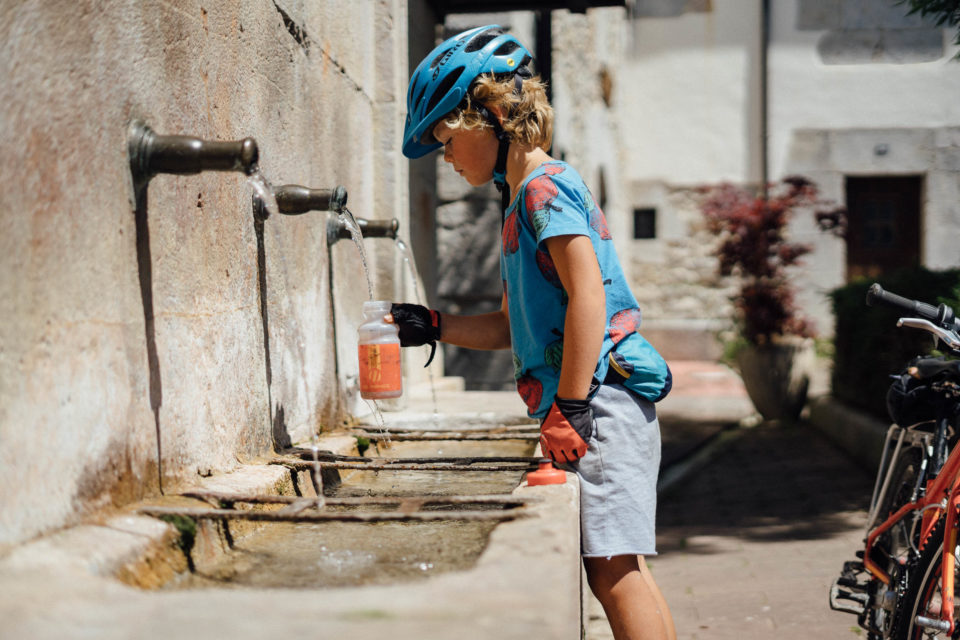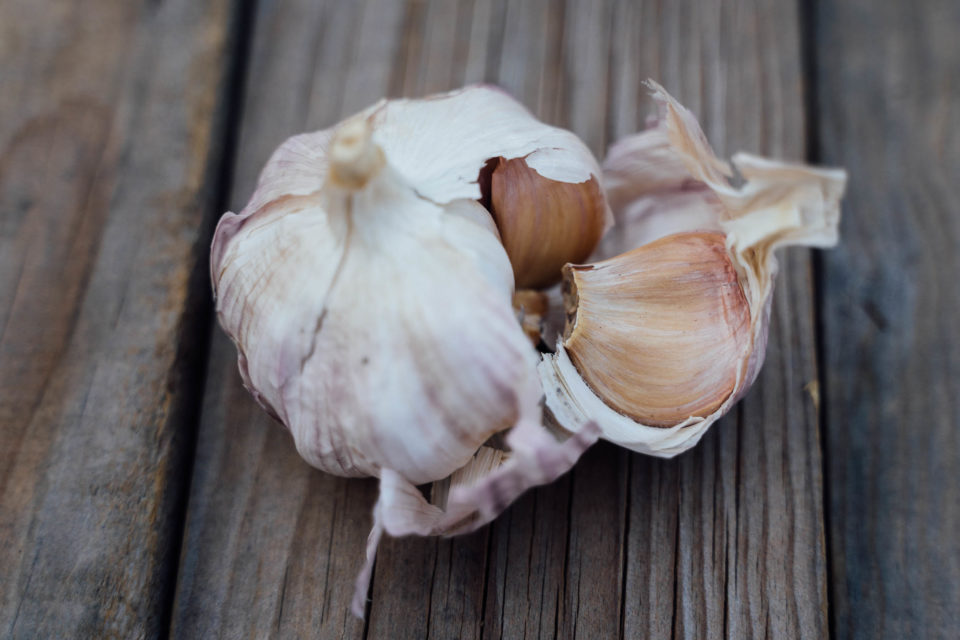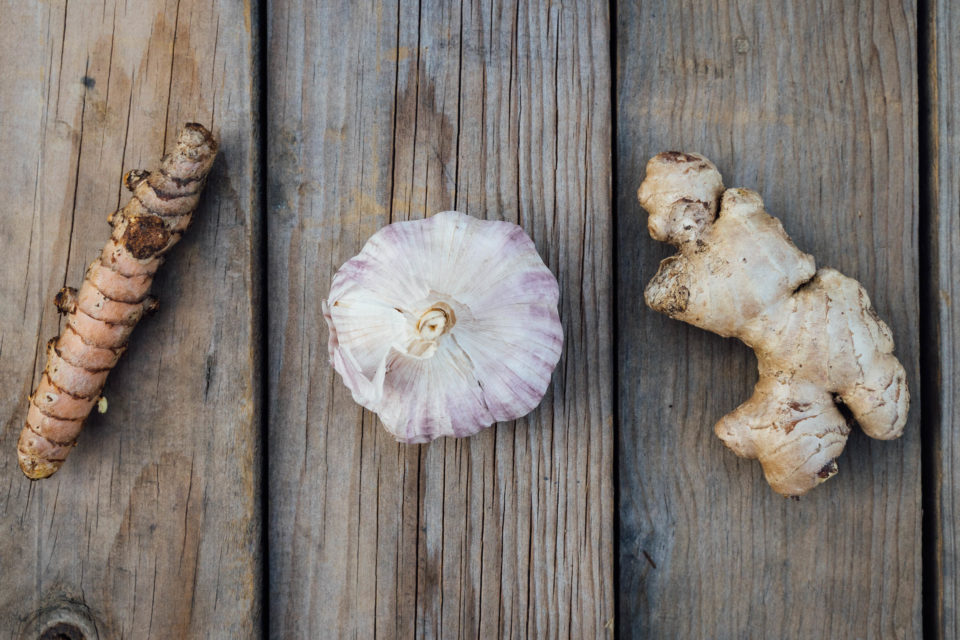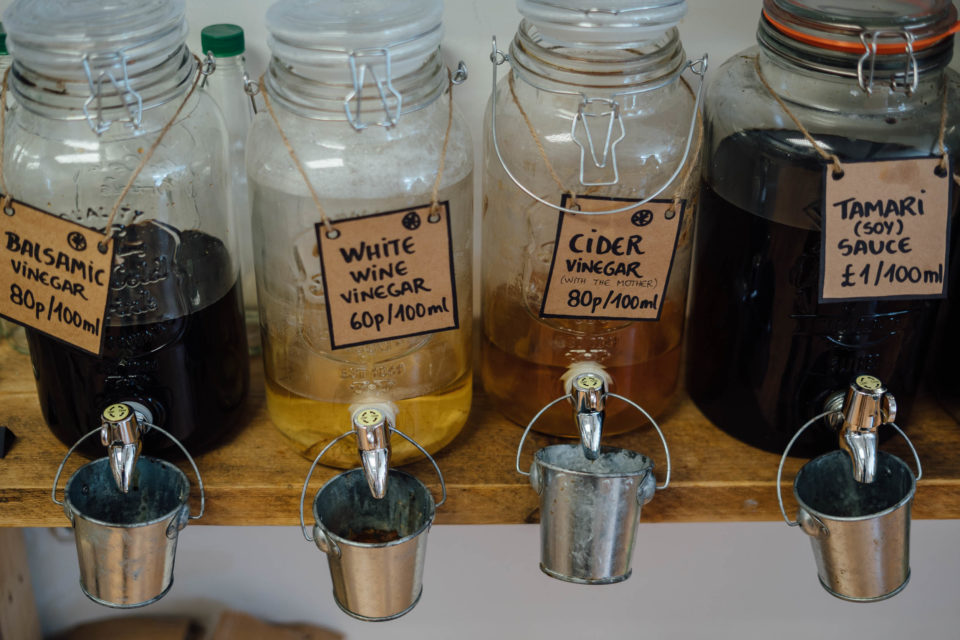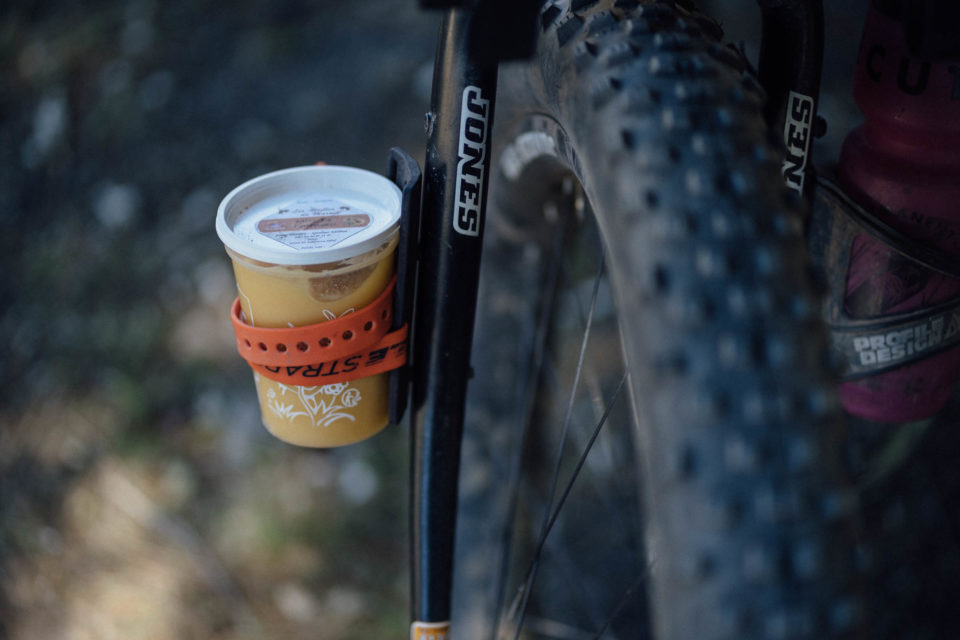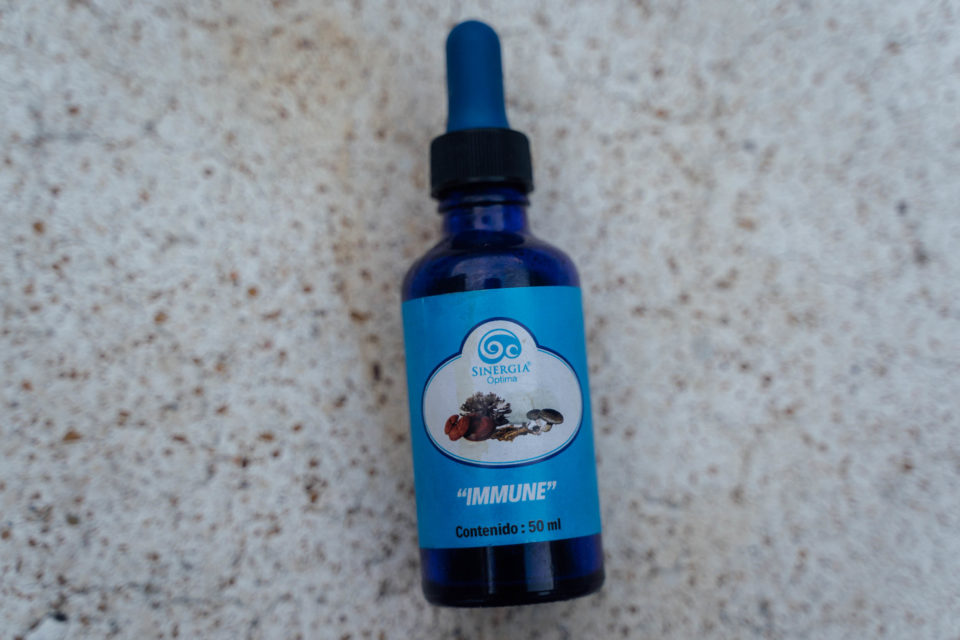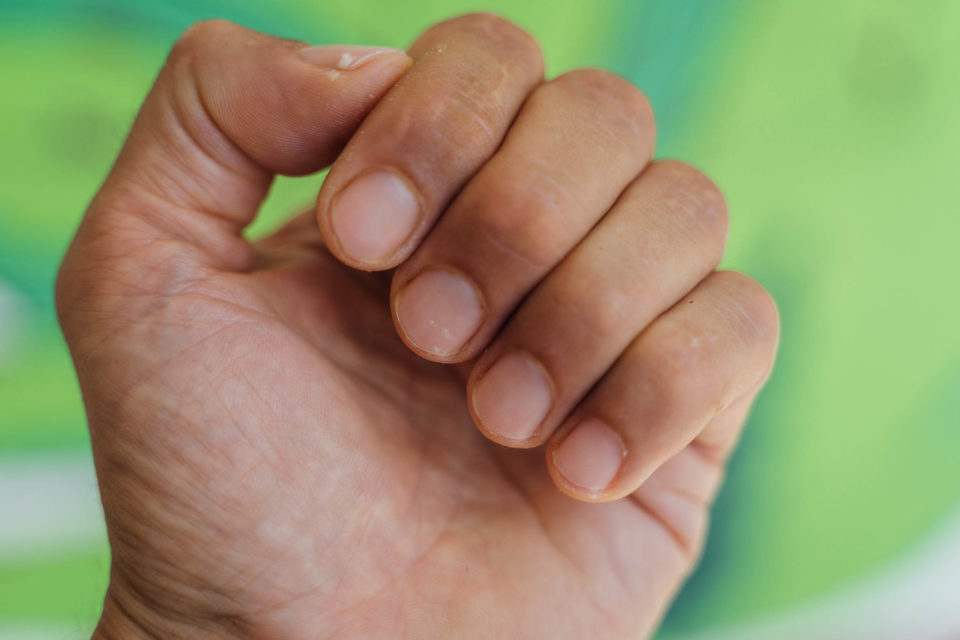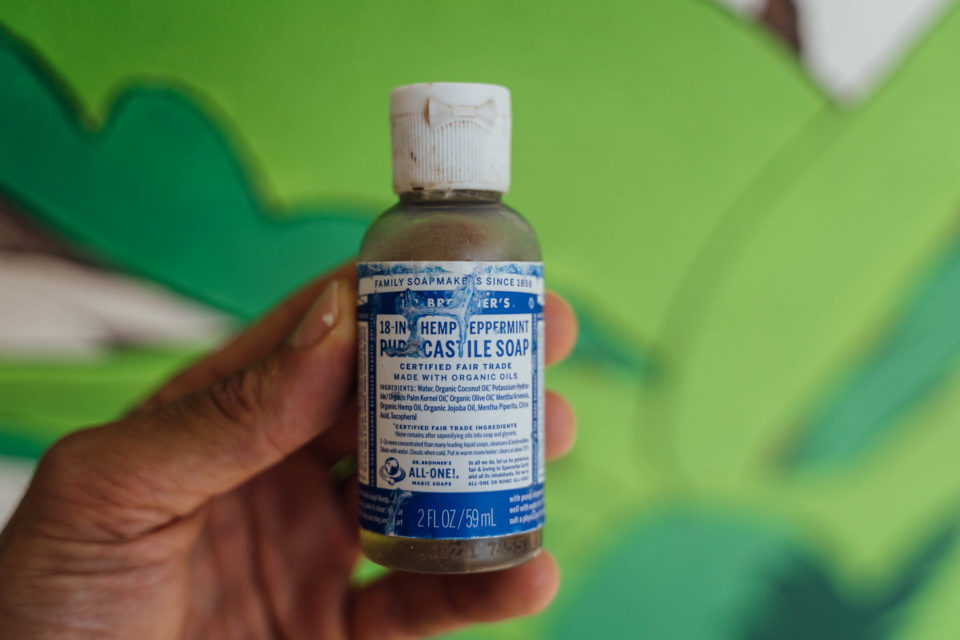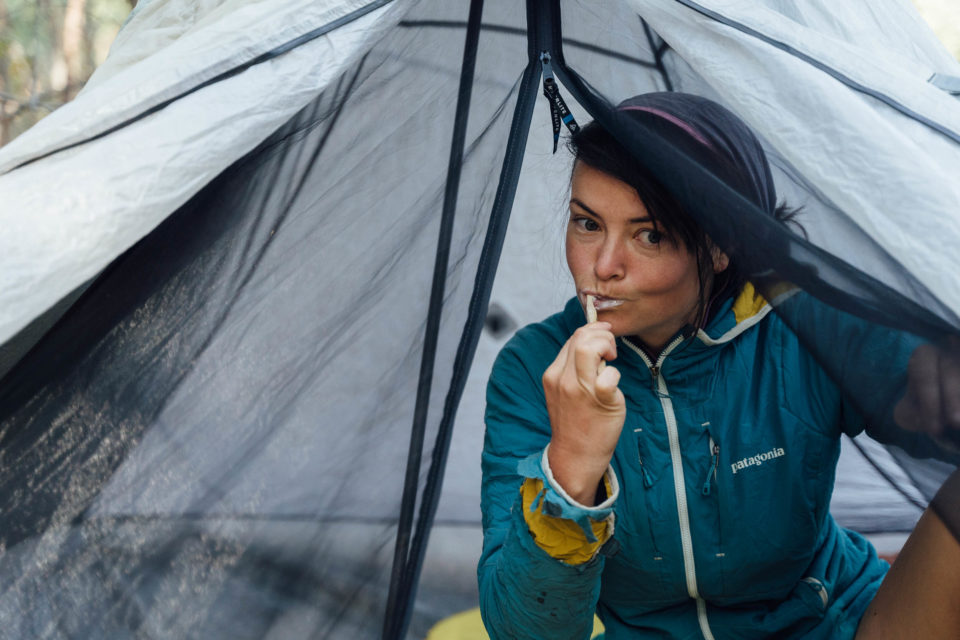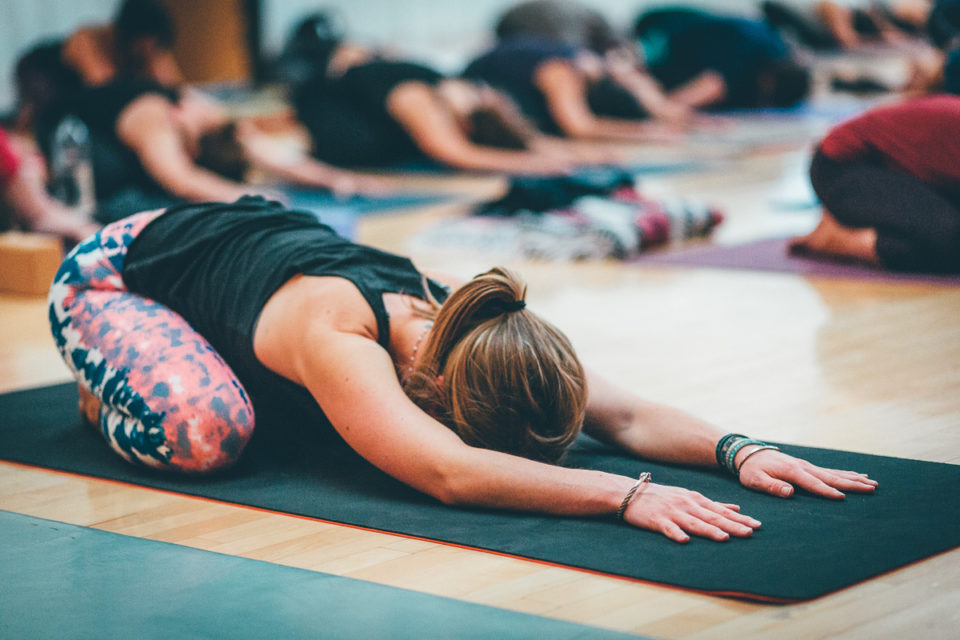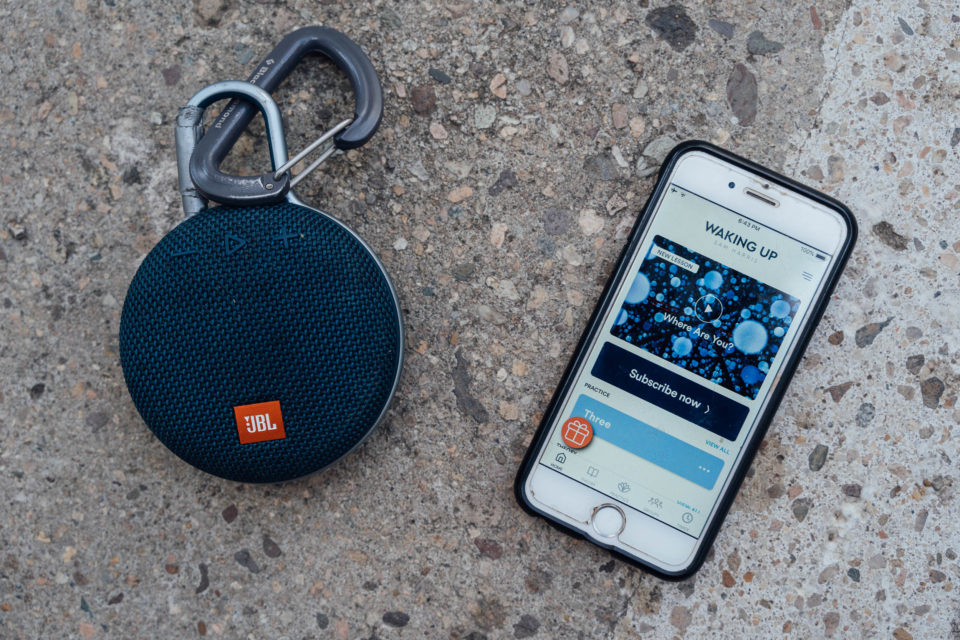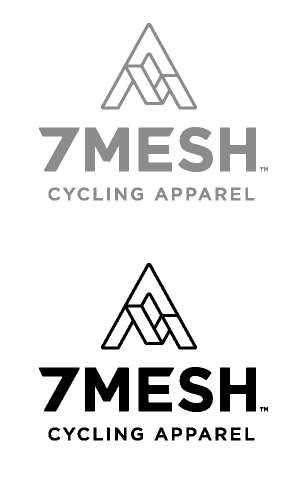A Bikepacker’s Take on Preventative Health and Immunity Maintenance
Share This
COVID-19 has reminded us of the importance of keeping our bodies healthy and our immune systems as robust as possible. Cass Gilbert looks at a variety of foods we can eat and simple lifestyle choices we can make to help stay healthy both at home and on the road…
Listed below are a number of natural, holistic hints and tips for helping to stay healthy both at home and when out on the road. Some of these are simply common sense at their core – like sleeping well, drinking enough water, and maintaining good personal hygiene. Others require adjustments to our day-to-day lifestyles – like selecting foods that keep us strong and help our immune systems stay on top of things, or considering methods to decrease our levels of day-to-day stress, which can greatly affect general health. A few are drawn from a traditional viewpoint and are rooted in forms of preventative support that in the long term can make qualitative differences to our health. In terms of their application to bikepacking, the suggestions below are relatively straightforward to find whilst riding, depending on where you live, so there’s no need to carry much in addition to what you pack in your first aid kit.
Sleep soundly and rest up
Our daily energy levels are finite and nothing beats a good night’s sleep as a way of allowing our bodies to recover. This is especially important when we’re striving to fend off potential illnesses, particularly whilst putting our systems through physical stress.
Racing aside, bikepacking and camping out are great ways of resetting the circadian rhythm, the natural process that regulates our 24-hour sleep-wake cycles. But given that we should aim to sleep eight hours a day, (as much, if not more, as the time we likely spend riding our bicycles every day on tour!) be sure to give it the attention it deserves, to reduce the risk of wearing yourself into the ground.
When it comes to camping, an effective sleep system is really important. This may mean investing in a sleeping mat that’s comfortable and well insulated, carrying a packable pillow, or choosing the right quilt or sleeping bag (search our extensive camping gear archives for recommended options). A comfortable sleep will help your body recover to the best of its ability.
Additionally, avoiding the use of backlit-screens—as found in tablets and smartphones—shortly before bedtime is recommended, as blue light interferes with that all-important circadian rhythm. Save your route planning for the morning!
Equally important, working rest days into our itineraries also helps us stay healthy, even if we’re capable of riding further. Sometimes, it’s worth resisting the temptation to pack as much riding as we can into every trip.
Use food as medicine
It’s easy to let good habits and intentions slip, especially on the road. At its most basic level, eating well helps the body to replenish fully. It makes sense to give your body what it actually needs to do this, rather than choosing foods that fill bellies but provide little more than short-term energy. We’re looking at you, gas station resupplies!
As a rule of thumb, start by cutting out as much processed and packaged food as you can. Admittedly, this means slim pickings at those aforementioned gas stations. Still, where possible seek out whole foods like whole grains, fruits, vegetables, nuts, and berries. Food can be medicine so it’s worth making this investment, both in terms of its cost and how much it weighs! Swing by the local farmer’s market when you can (or better still, make such stops a part of your route planning) and avail yourself of roadside stalls with regional produce if you see them. A multivitamin can also be useful if you’re unlikely to get a balanced diet when you’re on a bike tour.
Of particular benefit to bikepackers, reducing our daily intake of inflammatory foods may ease soreness in joints, the kind we often feel on a multi-day ride. Although it should be noted that their impact can vary depending on the individual, it’s generally agreed that these foods include wheat, dairy, legumes (unless soaked/sprouted/well cooked), processed meat, refined carbohydrates, and public offender number one: sugar. See here for a useful breakdown of which foods are most inflammatory and depending on the individual, should be most avoided. As for an understanding of inflammation itself, this overview helps explain when it’s good-namely, if it’s acute and localised, and part of the immune system’s response to injury and infection—and when it’s bad. If inflammation becomes chronic, it increases the chances of us acquiring a number of diseases that are increasingly prevalent in society today, including cancer.
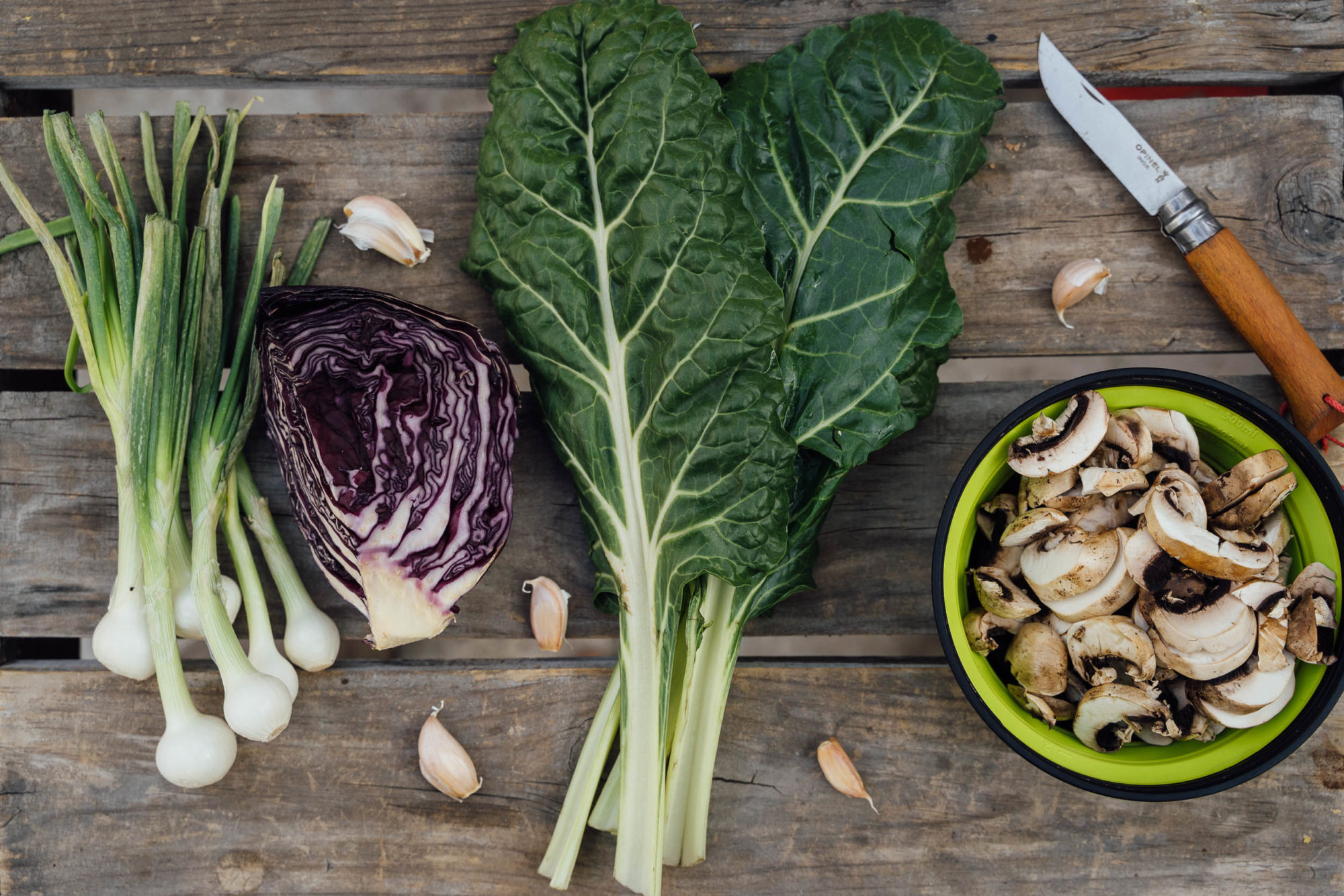
On the subject of joint maintenance, making evening teas with turmeric—or using it as a supplement—may also help to bring inflammation down and ease joint pain, a relief after those big riding days.
In terms of maintaining good gut health, probiotic foods such as naturally fermented sauerkraut and spicy ferments like kimchi can hit the spot, so look out for them whilst you’re touring. Kefir is another great probiotic option – it’s been found to have an excellent capacity for keeping bowel movements regular, and is generally easier to digest for those with lactose intolerance. Miso soup is an excellent bikepacking option that’s packed with electrolytes too. The powder is convenient for camping as the paste needs to be refrigerated, even if it’s better for probiotic content. Ginger, again, can have a great effect on the health and vitality of the stomach, as discussed here. Additionally, if your digestion is sluggish or suffering, warm foods and drinks can be easier to digest.
As far as the health and vitality of the lungs go, a diet rich in diverse fruits and vegetables can have a great effect on general lung health, as supported by this study. When you’re out bikepacking, seek out extra fruits and vegetables when possible: apple, banana, orange, pear, berries, tomato, potato, broccoli, cabbage, cauliflower, carrot, and garlic to name a few! Sound like a lot to pack? Get yourself a dehydrator, like the one Logan and Virginia recommend, and load them into a reusable ziplock bag for your bikepacking trips. Otherwise, a tiny overflow bag like Sea to Summit’s Ultrasil Day Pack is handy for bulky, fresh food stowage, until you hit your campsite.
Meanwhile, antioxidants found in fruits and vegetables are thought to block free radicals that can lead to a range of diseases. On your trips, add some zest to your diet by seeking out hibiscus teas, beets, berries, and tart cherries—deep reds and purples are giveaways—and be sure to stop and forage for blackberries and blueberries! Dark leafy greens, aka Powerhouse Greens, like arugula, spinach, chard, kale, collard and mustard greens are also replete with antioxidants, vitamins, and minerals, so swing by that farmer’s market when you’re riding through. Or if you’re travelling abroad, investigate the local markets, packed as they are with all kinds of intriguing fruits, teas, and herbs.
And lastly, switching from coffee to green tea can be a great way to reduce free radicals and oxidative stress, while still enjoying some of that caffeine spark we know and love. Whole leaf green tea reduces the waste of the store-bought teabag—it simply settles to the bottom of your mug and can later be buried discreetly. Likely to be less popular is the advice to reduce alcohol consumption, so consider indulging in a shot of tequila, which alkalises rather than acidifies the body, if you really want to bring your favourite hip flask.
Drink lots of water
Sipping water regularly throughout the day—both on and off the saddle—is extremely important for general health and can really aid in joint maintenance too. When riding in warmer climates, adding in electrolytes to your water is recommended, be it the likes of store-bought Nuun tablets or homemade alternatives like sea salt, lime, and raw honey. Water can help greatly with sore joints and back pain, which many associate with long days in the saddle. Drinking enough keeps your kidneys functioning well, which can sometimes masquerade as lower back pain.
Consider your water source too. If you live in a city with highly chlorinated water, you may prefer the taste of filtered water, available at water purification stations, found in many grocery stores. It’s far more affordable and environmentally friendly than bottled water. If you’re bikepacking, filter your water whenever you’re in any doubt of its source. See our Ultralight Water Filter and Purification Guide for options, and be aware of regional mining activity and farming practises in the vicinity.
Extra immune system boosters
The importance of keeping our immune systems as strong as possible is increasingly recognised in 21st century living, especially when our bodies are under physical stress (long-distance cycling, for instance) or viral attacks (e.g. COVID-19 or the common winter flu).
Vitamin C and elderberry are good immune system boosters, whilst garlic has been clinically proven to guard against both viral and bacterial infections, and ginger is thought to help greatly too. Garlic is best consumed raw but given that it can be hard on both the stomach and palette, try mixing it in with a salad, or eating it with scoops of avocado or even nut butter! Cook ginger in boiling water for several minutes and if needed, add some raw honey when it’s cooled off a bit.
Similarly, when it comes to sweetening your morning oatmeal, raw local honey is recommended over supermarket options. Raw honey is considered to have antibacterial and antifungal power, whilst also increasing your tolerance to local allergens. Fun fact: raw honey also works great on wounds, thanks to its antibacterial abilities!
Carrying a small polypore mushroom blend tincture—especially if your bike trip kicks off with a long plane, bus, or train ride—can also be a powerful and easy-to-use immune system booster. Mycoshield is a recommended brand that comes in a small, top tube bag-friendly bottle. See a recent Guardian article for more thoughts on mushrooms and their claimed medicinal properties, as well as the movie Fantastic Fungi.
Dosing up on Fire Cider—an apple cider vinegar-based immune tonic predicated on ginger, garlic, honey, and cayenne pepper—can be effective in building your system’s overall immunity, starting with digestion. You can find this at your natural foods store or, if you’re feeling intrepid, make some yourself at home! Adding two droppers full (approximately 1-2tsp) to a few sips of water in the morning is a great way to prime your digestion and lungs to stave off allergies and early illness.
Be vigilant with your personal hygiene
Many backcountry illnesses arise from poor personal hygiene, namely, fecal matter ending up in food or in our mouths or eyes. To give your body the best chance of concentrating its energy on recuperation, stay clean and avoid touching your face. Keep an anti-bacterial wash (at least 60% alcohol) close by and use it before any meal and of course, after going to the bathroom. There are herbal, natural disinfectant hand sprays—based on Thymol—that are very effective too.
Additionally, wash your hands vigorously with biodegradable soap, like Dr. Bronner’s, for 20-30 seconds, as this is the most effective way to wash actual debris from your hands and in the case of viruses, it will remove contamination too. NOLS recommends dribbling a mouthful of water into soapy hands when you’re in the backcountry, to help wash them thoroughly. Or, ask a friend to pour in a small amount of water from a squeezy bottle. Keeping your nails trimmed greatly helps reduce your fingers collecting bacteria—a small nail scrubber can be a useful addition to your gear list.
Brush your teeth! It’s easy to become a little lazy when camping, but it’s especially important to keep the mouth clean, as it’s the first line of defense against potential respiratory issues. Given that our diets aren’t always as good as we’d want them to be when we’re bikepacking—likely with more sugars than we’d normally consume—dental hygiene is particularly important. Finish by gargling with salt water to really disinfect the mouth and throat.
Keep your neck toasty and warm
As recommended in traditional Chinese medicine, keeping your chest and neck protected can greatly reduce the chance of contracting a respiratory illness whilst outdoors. Packing a lightweight wind blocker will help your core stay warm, while a simple neck gaiter, scarf, or bandana is great for protecting the neck and upper back from getting chilled. We’ve all ridden on cold days where a chill has perhaps injured our lungs, causing a persistent cough until they’re able to recover. Similarly, if you’re bikepacking through polluted cities and big agricultural areas, wearing a bandana or mask over your face can help protect the lungs from harmful airborne particles. If you suffer from respiratory issues, campfire smoke can irritate too, so consider the merits of campfire-free camping from both a health and environmental standpoint.
Stretch gently
Our endocrine system helps glands like our adrenals function properly, acting as stress regulators. Gentle stretches massage the glands and help to increase their functionality. Forward bends will do this, though be very wary of these in the morning before your body is warmed up, or if you are unaccustomed to stretching, as it’s easy to hurt yourself too. A gentle yoga routine can be a good way of getting the endocrine system going.
Try meditating for stress relief
You may feel that cycling is your meditation. Even so, starting your day—whether bikepacking or at home—with a short morning meditation can really help relax the mind and set you up for what’s ahead. As simple as it may sound, bringing awareness to the breath can be critical in reducing stress, which in turn can help your body’s overall immunity and your mental robustness. Check out Apps like Waking Up to help you guide you through the process.
We’d even suggest that checking your smartphone less often can also be a way to avoid the heightened stress and fear that is present in the news cycle.
General self-care
A bit of care and attention to supporting our bodies through the stresses of a physically demanding bikepacking trip, and the general rigours of daily life, can make a qualitative difference to our health. In the same way that we might regularly look to maintain our bikes, regular, preventative maintenance can go a long way toward building up strength and avoiding a need for larger intervention. For this reason, it’s worth considering preventive support on a regular basis, be it massage, chiropractic adjustments, osteopathy, or acupuncture, as well as any changes we make in our diet and general lifestyles.
With special thanks to New Mexico bikepacker Dr. Eric Brunn for input and many suggestions. These recommendations are not meant to be taken in lieu of seeking direct medical advice. Always speak to your medical professional to ensure your dietary and supplement regimen has no interaction with your medications, pregnancy, current health condition, etc. During this pandemic, these suggestions are to be considered in addition to strict social distancing and the use of a mask where appropriate and required.
Please keep the conversation civil, constructive, and inclusive, or your comment will be removed.




